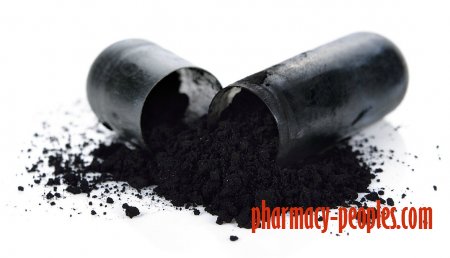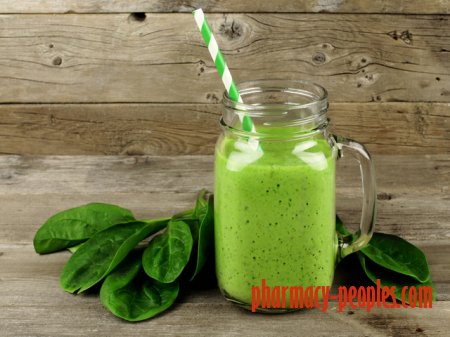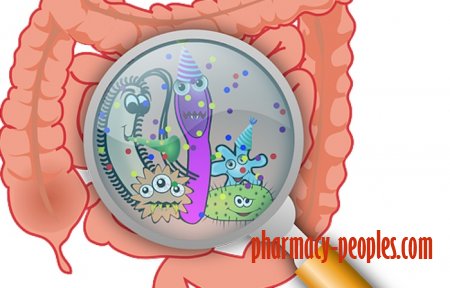What’s abrasive, gritty, and absolutely belongs in your medicine cabinet (but probably isn’t)? I’m talking about activated charcoal, which manufacturers create by reheating and oxidizing regular charcoal (yep, the same stuff you barbecue with in the summer), giving it a rough surface area.
Activated charcoal’s extremely porous surface holds a strong negative charge that attracts positively charged toxins and other chemicals, nixing them in your bowel movements. Think of activated charcoal as a magnet that binds unwanted substances to its surface and then releases them through elimination, yet its unique makeup doesn’t irritate or harm your gut.
This workhorse supplement can help your body detoxify, but it can also benefit other problems like burns, heavy metal poisoning, and drug overdoses. Far from being the latest fad, activated charcoal has been used for centuries; ancient Egyptians used it to treat intestinal issues, and Hippocrates used it to treat serious illness like epilepsy. Beginning in the 1960s, hospitals used activated charcoal to remedy alcohol and drug overdoses.
Today, activated charcoal can be a serious help if you get food poisoning, suffer toxic overload, or take too many over-the-counter remedies. On those rare occasions when you imbibe more than you wish or have a mild food sensitivity, activated charcoal can be a lifesaver. To get its benefits, take activated charcoal about an hour after the problem originates, before the ingested substance can do any damage.









